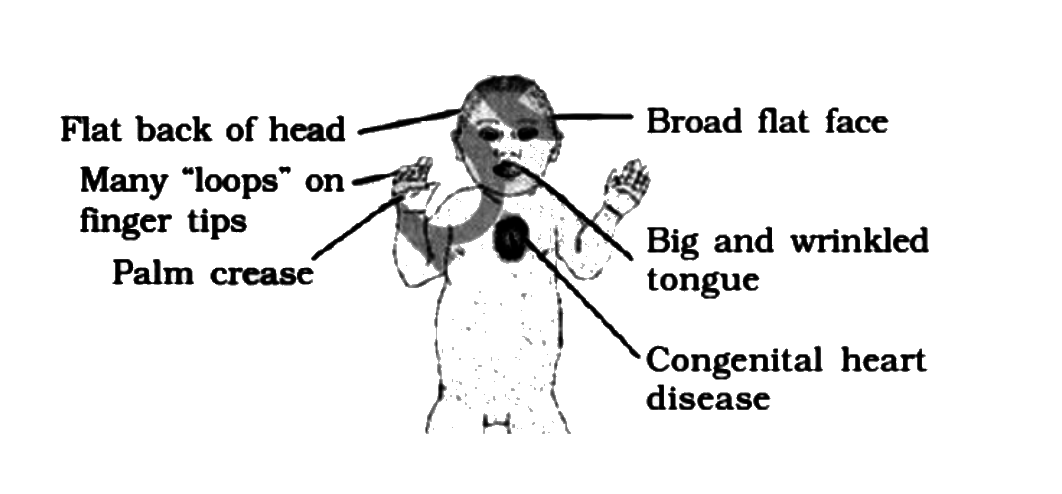Many diseases can be diagnosed by observing the symptoms in the patient. Which group of symptoms are indicative of pneumonia ?
Difficulty in respiration , fever, chills , cough and headache
Constipation , abdominal pain, cramps and blood clots
Nasal congestion and discharge, cough, sore throat and headache
High fever, weakness, stomach pain, loss of appetite and constipation .
The correct Answer is:A
To identify the group of symptoms indicative of pneumonia, we can follow these steps:
1. Understand Pneumonia: Pneumonia is an infection that inflames the air sacs in one or both lungs, which can fill with fluid or pus. It is commonly caused by bacteria, viruses, or fungi. The most common bacterial cause is Streptococcus pneumoniae.
2. Identify Common Symptoms: The symptoms of pneumonia can vary but typically include:
- Difficulty in respiration: Patients often experience shortness of breath or difficulty breathing due to inflammation in the lungs.
- Fever: A common response to infection, fever indicates the body is fighting off the disease.
- Chills: These often accompany fever as the body temperature fluctuates.
- Cough: A persistent cough is common, which may produce phlegm or mucus.
- Headache: This can occur due to fever or the body's response to infection.
3. Evaluate Other Options: When comparing other groups of symptoms:
- Option 2: Symptoms like constipation, abdominal pain, cramps, and blood clots are more indicative of gastrointestinal issues, such as amebiasis.
- Option 3: Symptoms like nasal congestion, sore throat, and headache are more aligned with common colds or influenza.
- Option 4: Symptoms like high fever, weakness, stomach pain, and loss of appetite are characteristic of typhoid fever.
4. Conclusion: Based on the analysis, the group of symptoms that best indicates pneumonia includes difficulty in respiration, fever, chills, cough, and headache.
Final Answer:
The group of symptoms indicative of pneumonia is: Difficulty in respiration, fever, chills, cough, and headache.
---
- Difficulty in respiration: Patients often experience shortness of breath or difficulty breathing due to inflammation in the lungs.
- Fever: A common response to infection, fever indicates the body is fighting off the disease.
- Chills: These often accompany fever as the body temperature fluctuates.
- Cough: A persistent cough is common, which may produce phlegm or mucus.
- Headache: This can occur due to fever or the body's response to infection.
- Option 2: Symptoms like constipation, abdominal pain, cramps, and blood clots are more indicative of gastrointestinal issues, such as amebiasis.
- Option 3: Symptoms like nasal congestion, sore throat, and headache are more aligned with common colds or influenza.
- Option 4: Symptoms like high fever, weakness, stomach pain, and loss of appetite are characteristic of typhoid fever.
The group of symptoms indicative of pneumonia is: Difficulty in respiration, fever, chills, cough, and headache.
Topper's Solved these Questions
Similar Questions
Following group of symptoms belong to

View SolutionWhich one is not a symptom of opium addiction
View SolutionMention three symptoms of the disease Hepatitis.
View SolutionGive symptoms and causes of bronchitis and pneumonia.
View SolutionGive the cause and one symptom of the following diseases :
Pneumonia
View SolutionWhich of the following symptoms indicate radiation sickness ?
View SolutionLet d1,d2,d3 be thee mutually exclusive diseases. Let S={s1,s2,s3,,.....,s6} be the set of observable symptoms of these diseases. For example s1 is the shortness of breath, s2 is loss of weight, s3 is fatigue etc. Suppose a random sample of 10,000 patients contains 3200 patients with disease d1,3500 with disease d2and3300 with disease d3. Also, 3100 patients with disease d1,3300 with disease d2and3000 with disease d3 show the symptom S. Knowing that the patient has symptom S, the doctor wishes to determine the patients illness. One the basis of this information, what should the doctor conclude?
View SolutionSelect the symptoms of the disease caused by round worm
View SolutionWhich of these symptoms is caused by the entry of sporozoites ?
View SolutionA symptom of Graves' disease is
View Solution
